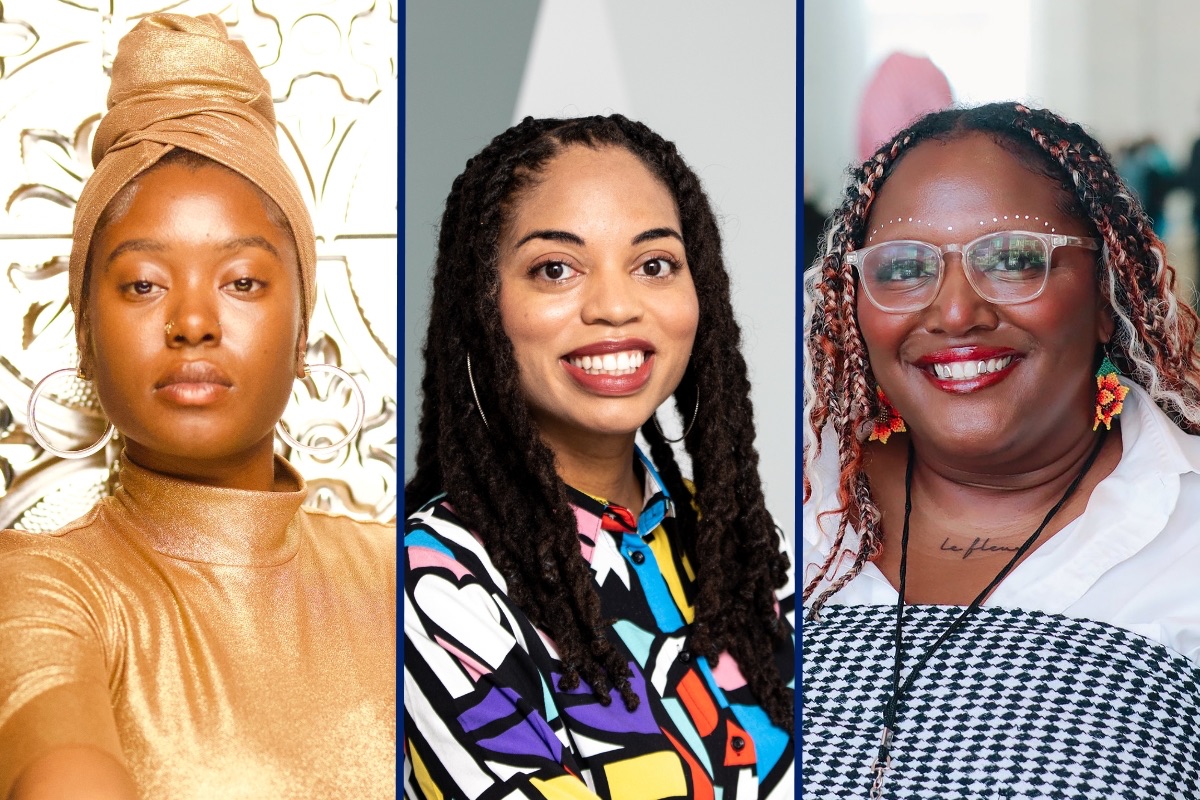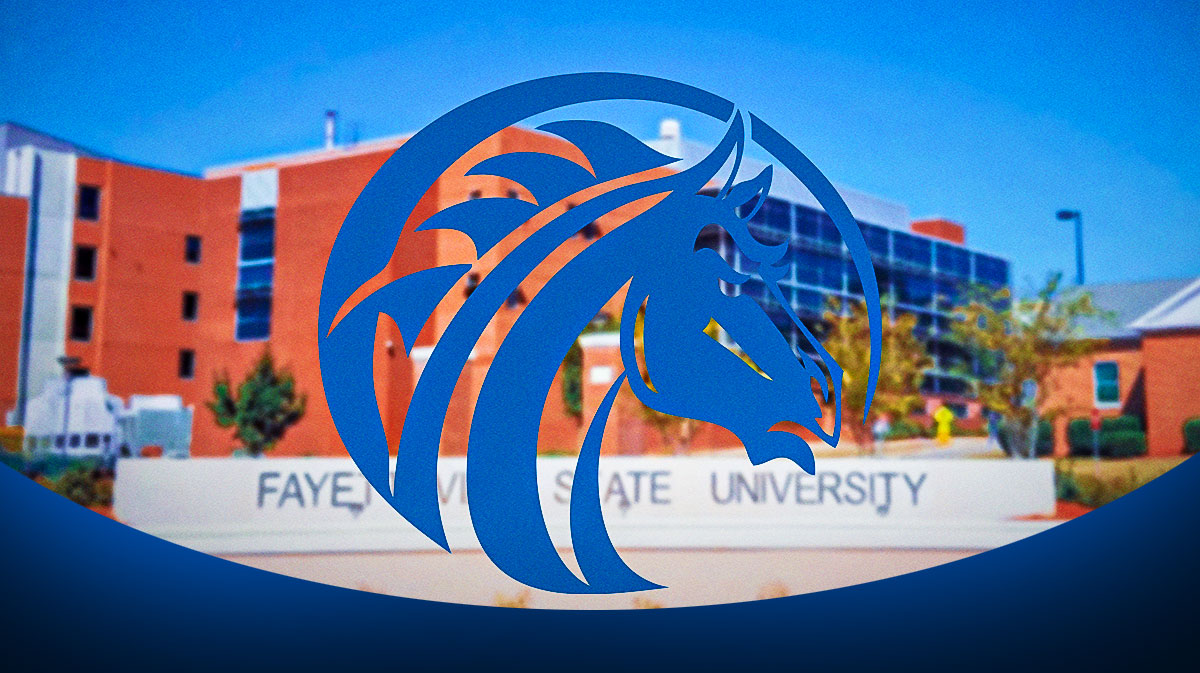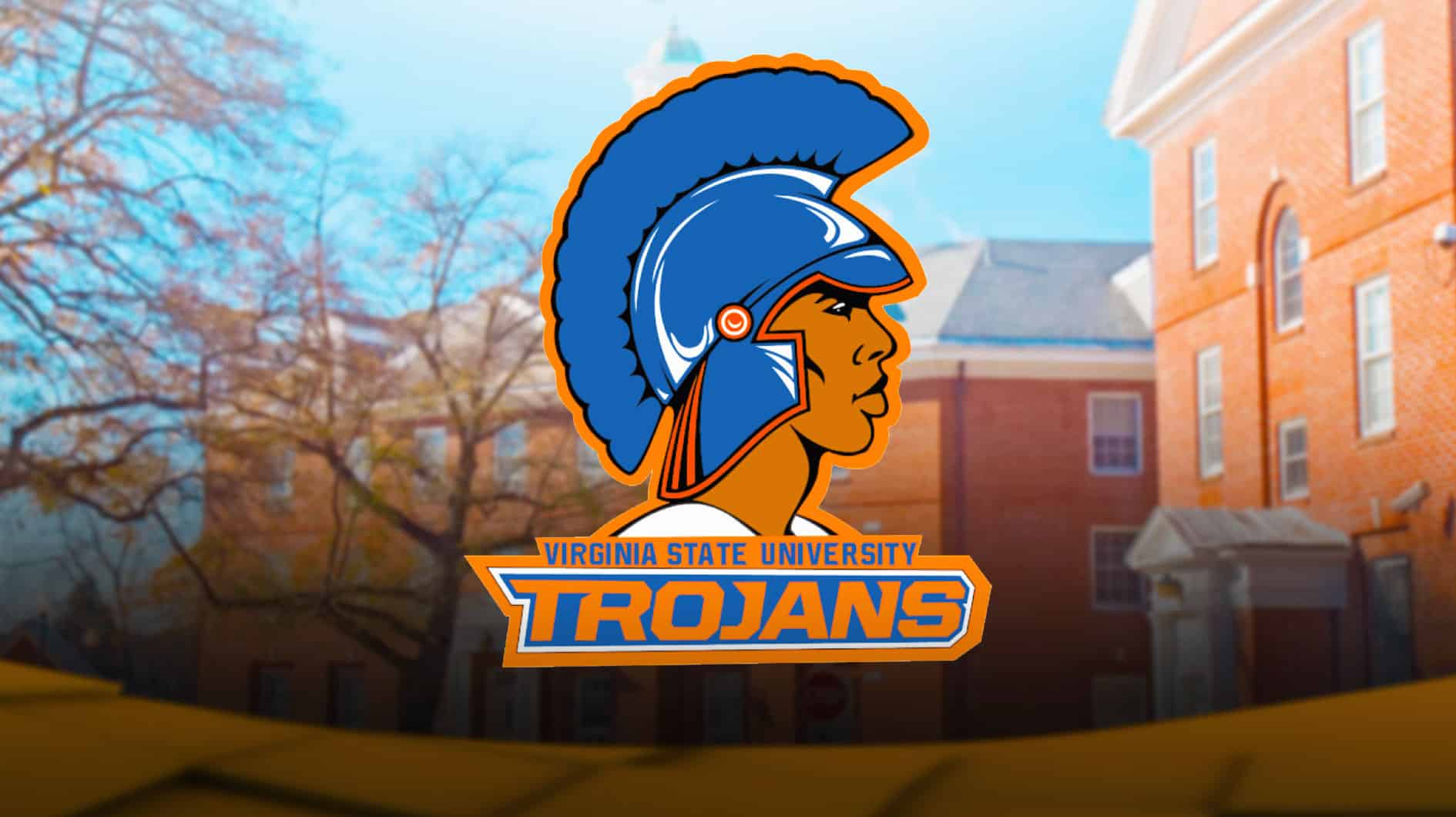Emory University’s Arts and Social Justice (ASJ) Program is marking an exciting milestone—its fifth anniversary! Since its launch, ASJ has been dedicated to blending art, education, and activism to address social injustices.
This fall, the program welcomes three new Atlanta-based artists and kicks off an innovative partnership with Spelman College, the number one HBCU per U.S. News & World Report and recently recognized in Forbes and the Wall Street Journal’s top colleges nationwide. This collaboration includes renowned local sound artist, Kacie (Willis) Luaders, who will be teaming up with students from both Emory and Spelman to foster a cross-campus, multidisciplinary artistic exchange.
The ASJ Program, created through a collaboration between Emory College’s Arts and Sciences and the Emory University Center for Ethics, aims to integrate socially conscious art into academic courses. The program pairs faculty members with ASJ Fellows to bring creative projects that reflect on social inequities into the classroom. At the end of each semester, students, faculty, and the artist fellows come together to share ideas and experiences and reveal their projects in a public forum, sparking broader conversations across the city.
This year, Luaders, a returning ASJ artist fellow from 2022, is joined by two new fellows—Jasmine Nicole Williams and Umi IMAN. Adding to the excitement, choreographer T. Lang, also a 2022 ASJ fellow, returns in a new role as the first-ever ASJ Faculty Fellow from Spelman College, where she teaches as an associate professor of dance.
Since its founding, the ASJ Program has empowered artists, scholars, and students to work together at the intersection of art and social justice. Each fellow collaborates with faculty to merge creative expression into course content, giving students the opportunity to reflect on and address social inequalities through art. In addition to T. Lang, this year’s cohort includes faculty from Emory College and the Emory School of Medicine, enhancing the program’s reach and influence.
The ASJ fellows are particularly drawn to the program’s focus on connecting students to communities and sparking meaningful action. 2023 fellow Bird Harris speaks passionately about the experience, stating, “ASJ empowered me and my students to bring our full imaginations to class, translating our ‘what ifs’ into meaningful, community-driven action…ASJ program is an example of how institutions can materially invest in students, artists, and scholars to do just that. I’m so grateful to have been a part of this program that supports creative and collective dreaming towards justice.
As the program celebrates its fifth year, co-director Carlton Mackey reflects on its impact: “In a world that is still finding ways to heal from the fractures of division and build bridges across differences, the Arts and Social Justice Program continues to play a vital role in fostering deep academic learning and real-world change and demonstrating that the intersection of art and education offers a powerful reflection of society and a powerful catalyst to transform it.”
Supported by a diverse range of partners, including the Emory College of Arts and Sciences, Emory Arts, the Center for Ethics, and community organizations like Spelman College and Midtown Arts Alliance, the ASJ Program is committed to fostering dialogue and driving real-world change.
The public will have a chance to witness the fruits of this semester’s collaborations at the annual showcase, held at the end of the fall semester. The event will be free and open to all, providing a unique opportunity to engage with the powerful intersection of art and social justice.





